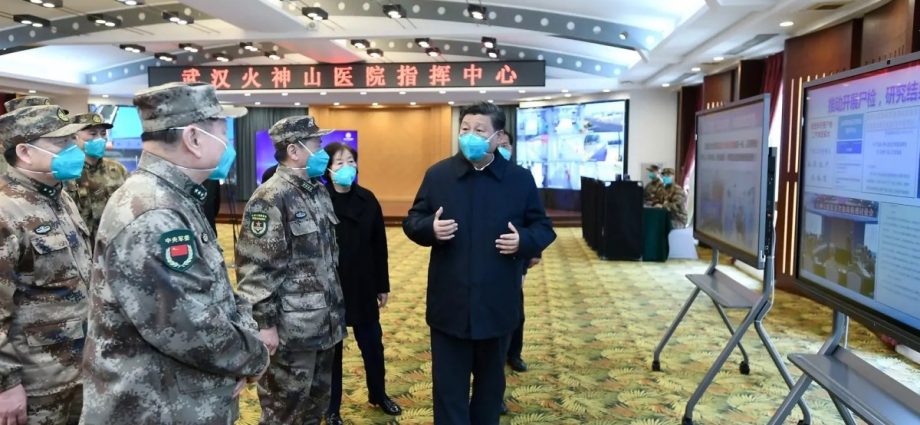
Overseas investors sold a record US$2.5 billion worth of mainland China shares on Monday, according to Bloomberg data. This pushes the year-to-date level into a “net outflow.”
It comes as foreign investors fled after the twice-per-decade Communist Party congress at which Chinese President Xi Jinping appeared to cement a power grab with an unprecedented third term and seemed determined to fill his leadership ranks with hardened and confirmed loyalists.
The Hang Seng China Enterprises Index, a gauge of Chinese stocks listed in Hong Kong, plummeted 7.3% in its worst session after any Communist Party congress since the inception of the index in 1994.
Much has been made of the fact that international investors are extremely concerned that with so many Xi supporters elected, his unlimited capacity to impose policies that are not market-friendly is now galvanized.
They cite that one way this could be experienced is unforeseen regulatory crackdowns. Since last August, global investors have been carefully watching for signs of a broader regulatory crackdown on Chinese tech companies after Beijing in effect issued a shock ban on the country’s $100 billion private tutoring sector in July 2021.
That regulatory attack has been perceived by many as highlighting Xi’s new approach and Beijing’s increasing push for control of private enterprise, including in the critical tech sector.
It’s clear from his speech at the congress that technology remains of key importance to Xi, as he offered support and focused on a divergence from the West in terms of tech, self-reliance and state-led initiatives.
But to my mind, the investor flight we’ve seen this week from Chinese stocks is more to do with Xi’s controversial zero-Covid policy, which he defended in his presentation, while failing to set out a timeline on when the strategy will be modified or scrapped.
This is bad news for foreign investors.
Indeed, China is the world’s second-largest economy, it has been branded the “factory of the world,” and the negative consequences for the global economy of zero-Covid could be significantly greater than those of Russia’s war in Ukraine.
This policy results in draconian restrictions on movement, including total lockdowns that have been imposed in several cities, with Shanghai being the largest, which together account for 40% of China’s gross domestic product.
Half of China’s highways cannot be used, and ports operate inefficiently with perhaps trillions of dollars’ worth of goods caught up in the saga. Shipping, manufacturing and logistics firms are looking for alternative routes and markets.
“A prolonged disruption of China’s manufacturing industry would be a major shock to the global economy, as China exports up to one-third of the world’s intermediate goods. This is in addition to potential international transportation problems, which are already becoming apparent in further increases in shipping costs,” according to Santander.
All of this created a drastic reduction on trade and commerce between China and the rest of the world. Interactions among countries’ universities, non-governmental organizations, creators, and tourists have also declined.
In addition, the policy has ramped up a lack of mutual comprehensions that will be to the detriment of globalization and international collaborations.
This is what foreign investors have said, and the markets have reflected, this week.
Nigel Green is founder and CEO of deVere Group

